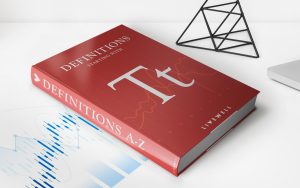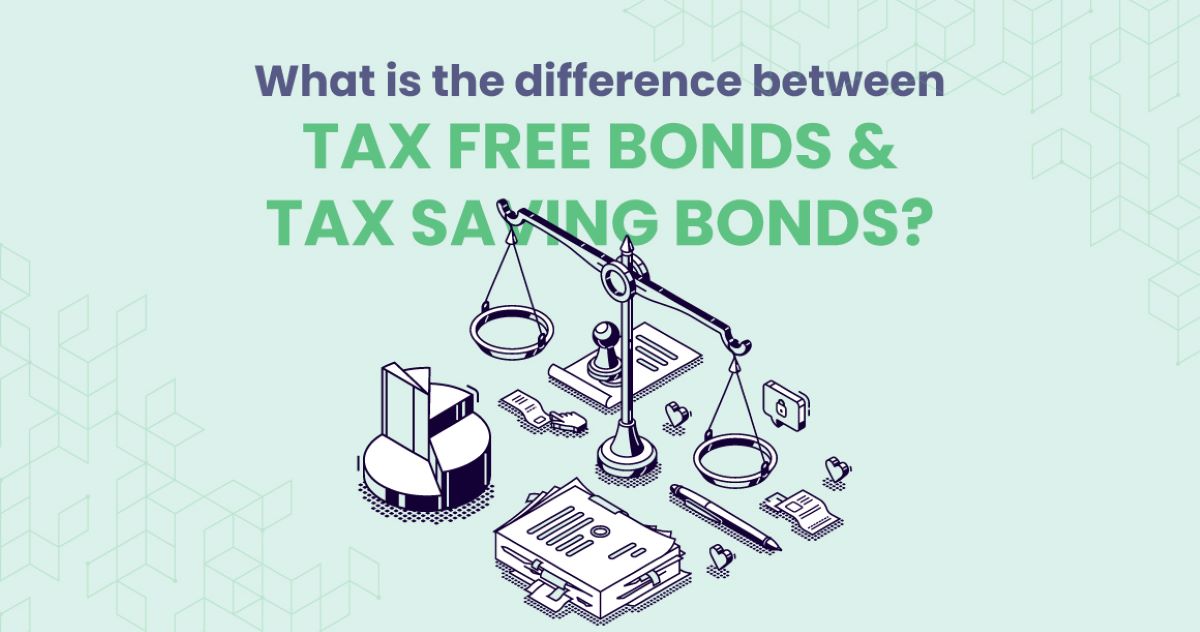Home>Finance>What Is Tax Fraud? Definition, Criteria, Vs. Tax Avoidance


Finance
What Is Tax Fraud? Definition, Criteria, Vs. Tax Avoidance
Published: February 6, 2024
Learn about tax fraud and its definition, criteria, and how it differs from tax avoidance. Explore this finance topic to stay informed and protect yourself.
(Many of the links in this article redirect to a specific reviewed product. Your purchase of these products through affiliate links helps to generate commission for LiveWell, at no extra cost. Learn more)
What Is Tax Fraud? Definition, Criteria, Vs. Tax Avoidance
Are you familiar with the terms “tax fraud” and “tax avoidance”? These terms are often used interchangeably, but they have distinct meanings and implications when it comes to financial matters. In this blog post, we will delve into the world of taxes and shed light on the difference between tax fraud and tax avoidance, as well as provide a clear definition of each.
Key Takeaways:
- Tax fraud involves intentionally misrepresenting information on tax returns to evade paying the legally owed taxes.
- Tax avoidance, on the other hand, is the legal practice of minimizing tax liability through strategic planning and making use of available loopholes within the tax code.
Understanding Tax Fraud
Tax fraud is a serious offense that involves deliberately deceiving tax authorities in order to wrongfully reduce or eliminate tax liability. This illegal activity encompasses various deceptive practices. Some common examples of tax fraud include:
- Underreporting Income: Deliberately failing to report income, such as cash payments or income from side businesses to avoid paying taxes on them.
- Falsifying Deductions and Expenses: Inflating expenses and deductions to reduce taxable income falsely.
- Hiding Assets and Offshore Accounts: Concealing money and assets in offshore accounts to avoid tax obligations.
- Identity Theft: Using another individual’s Social Security number or personal information to file fraudulent tax returns.
Engaging in tax fraud can result in severe penalties, including hefty fines, criminal charges, and even imprisonment. Tax authorities have sophisticated tools and systems in place to detect fraudulent activities, making it highly risky and ill-advised to attempt tax fraud.
Understanding Tax Avoidance
Tax avoidance, unlike tax fraud, is a legal practice that involves minimizing tax liability through strategic planning and taking advantage of available tax benefits and loopholes within the tax code. Companies, individuals, and businesses employ various legitimate methods to reduce their tax burden, such as:
- Maximizing Deductions: Utilizing all eligible deductions and credits to reduce taxable income.
- Investing in Tax-Advantaged Accounts: Contributing to retirement accounts or health savings accounts to enjoy tax advantages.
- Income Shifting: Strategically distributing income among family members or entities to lower the overall tax liability.
- Utilizing Tax-Exempt Investments: Investing in certain government bonds or qualified municipal bonds that are exempt from federal taxes.
It is important to note that tax avoidance is legal as long as the methods employed strictly adhere to the tax laws and regulations of the respective jurisdiction. Unlike tax fraud, tax avoidance does not involve deceit or intentional misrepresentation of information.
The Bottom Line
Understanding the difference between tax fraud and tax avoidance is crucial for individuals and businesses alike. While tax avoidance is a legitimate practice, engaging in tax fraud can have severe consequences. It is always advisable to consult with tax professionals or seek expert advice to ensure compliance with tax laws while minimizing tax liability within legal boundaries.
Feel free to reach out to us for more information on taxes and finance-related topics. Stay tuned to our FINANCE category for more informative articles to help you navigate the complex world of personal finance and maintain financial well-being.














